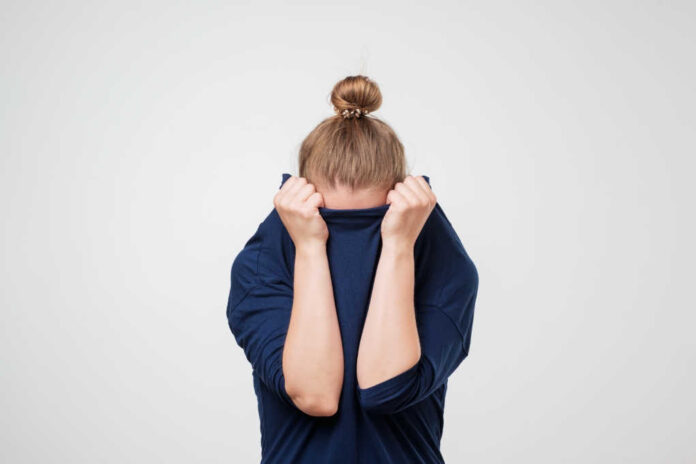
Fear can keep us safe.
Fear is supposed to happen when you perceive a threat to our safety. It allows us to react to this risk and protect ourselves.
A phobia is an extreme fear that does not match the level of danger in the situation. Even if the risk is very low, a person with a phobia may panic and be unable to function. Symptoms of such a panic attack include:
- Shortness of breath
- Quick or pounding heart
- dry mouth
- nausea
- shaking
- lightheadedness, dizziness
- sweating
- emotional distress and pessimism
While a generalized anxiety disorder can be triggered by nearly any stimulus, phobias focus on one specific thing or event.
In many cases, the phobia has been triggered by a single traumatic experience. Sometimes people develop a phobia for no apparent reason.
Common Phobias
The list of possible fears that people may have is endless, but some of the most common phobias include:
Acrophobia – fear of heights
Agoraphobia – fear of open spaces or crowds
Aquaphobia – fear of water
Arachnophobia – fear of spiders
Astraphobia – fear of storms
Claustrophobia – fear of closed spaces
Cynophobia – fear of dogs
Glossophobia – fear of public speaking
Hemophobia – fear of blood
Mysophobia – fear of germs or contamination
Ophidiophobia – fear of snakes
Social Phobia – fear of social interactions
Trypanophobia – fear of injections
Phobias can develop or diminish over time. They may also become worse during times of stress. Fortunately, effective treatments are available for phobias.
Managing and Overcoming Your Fears
Overcoming a phobia is often tricky and may require many hypnotherapy or cognitive behavioral therapy (CBT) sessions to help change the way you think and react.
This process usually involves specifying the phobia’s nature, history, and associations. Then it is helpful to examine what factors maintain the phobia and keep it going – avoidance behaviors, evasion of self-analysis, friends or family that collude with or encourage the phobia.
Analyzing the thought patterns associated with the phobia can allow you to restructure your emotional response. What catastrophe do you think might result? Is this expectation rational or likely? What else are you afraid of, and how might these fears relate? Why are you more afraid of this but less afraid of that?
Then, one of the most significant aids to overcoming a phobia is gradually exposing yourself to situations that make you anxious in a safe, controlled way. This should always be voluntary. It would be best if you never were forced or coerced to do anything you feel too nervous about. Give yourself space to prepare for the experience and reflect on it afterward.
You can learn a lot about yourself and your habits by confronting what makes you afraid. Understanding your fears can help you become more courageous and strong. It can show you that whatever obstacle is put in front of you, it is possible to overcome and surpass it.






















